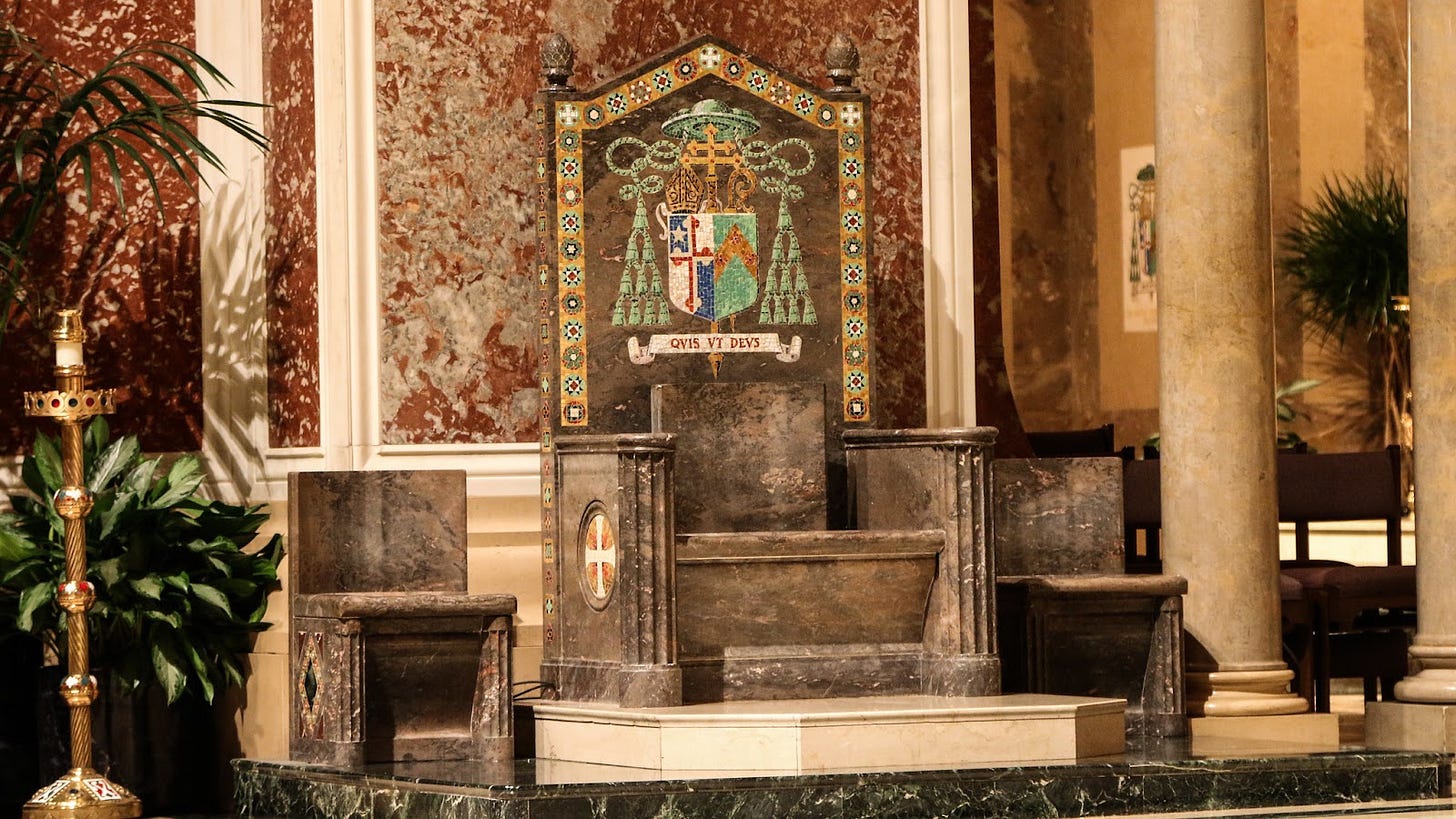After election, who else is headed to DC?
When will Washington get an archbishop?
Even before this week’s presidential election, senior Churchmen on both sides of the Atlantic had Washington DC on their minds, with the selection of a new archbishop foremost in their thoughts.

Following the election of Donald …
